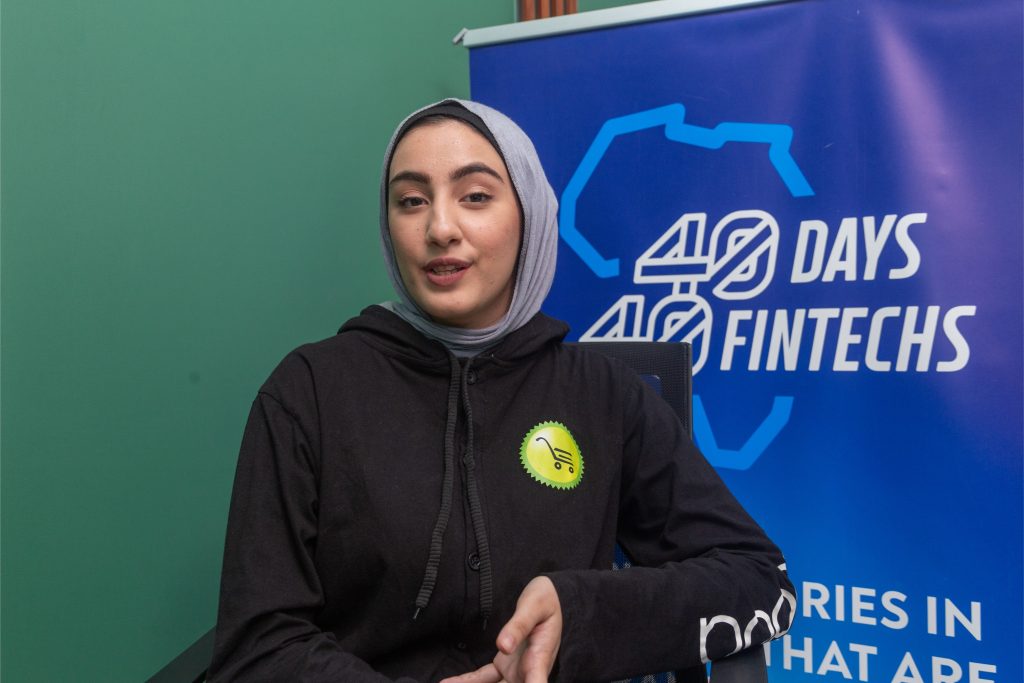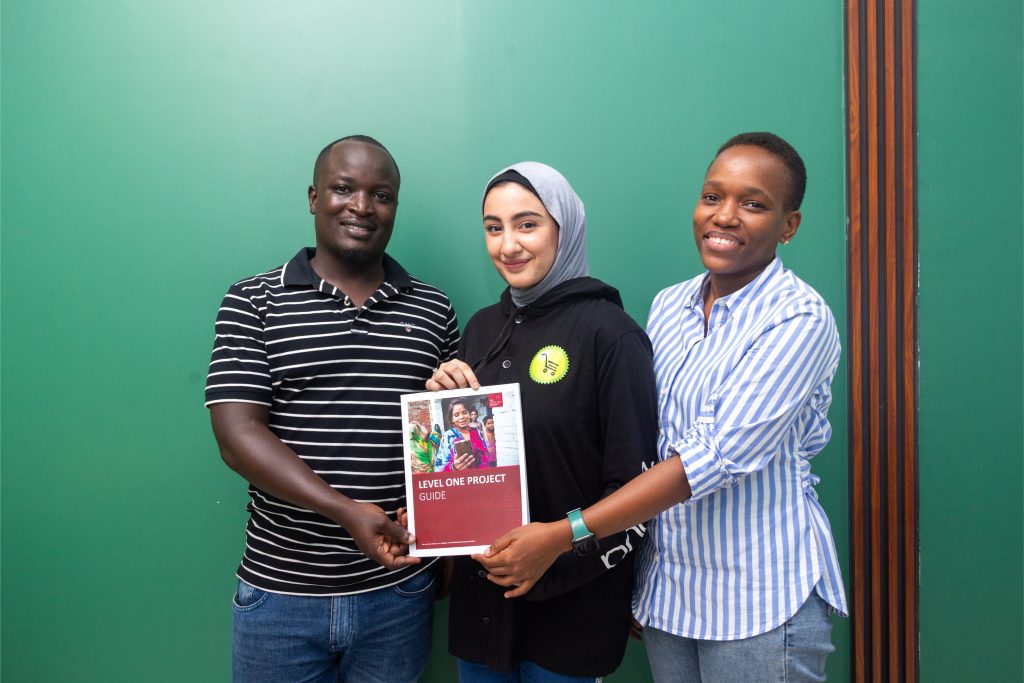Even though eCommerce platforms have been around for decades, they were not very popular in Africa until 2020, when the unfortunate COVID-19 pandemic happened.
The COVID-19 pandemic brought e-commerce platforms to the forefront as the world searched for safe and convenient ways of shopping.
Since then, eCommerce has been a fast-growing business around globally. E-commerce has since grown to a USD 26.7 trillion business and contributes 30 per cent of GDP globally. In Tanzania, one of the fastest-growing eCommerce platforms is Zudua.
According to Fatema Hussein Dewji, the Zudua Head of Marketing, the platform functions like a normal marketplace; enabling the buying and selling of products throughout Tanzania.
“We have various stores such as mobile, home, schools, fashion and special occasions. We have everything that you would require in your day-to-day life. We also have Zudua services that allow our customers to purchase things like vouchers and tickets. We are giving a platform to sellers to be able to reach a bigger market while also helping buyers find their favourite items without moving from one store to another. Everything is in one place,” Fatema Hussein Dewji said.

She added: “When you log in, you simply select your products, add them to the cart and their total cost will be indicated. You can then proceed with making your payment either through Bank Cards, Mobile Money or Cash on Delivery. Obviously, in Dar es Salaam, you will have an option of cash on delivery but outside Dar es Salaam, the option for cash is not there. Once you pay, you get a digital receipt and we also get a confirmation that payment has been made. We then proceed with the delivery. Buyers can find out where their products are through the tracking codes we share with them.”
Fatema noted that while eCommerce is picking up in Tanzania, they still face challenges of limited trust from customers and unclear location information.
“Customers appreciate going to physical stores to see the actual goods they are buying and if they are worth the money they are spending. The other challenge is that customers usually don’t put the right physical addresses; so, to get to them, the delivery team has to call multiple times.”
Zudua interacted with HiPipo on Day 27 of the 40 Days 40 FinTechs initiative for Tanzania. First implemented in Uganda, 40 Days 40 FinTechs is an annual FinTech Innovation initiative presented by HiPipo to recognize and celebrate individuals and organizations who are making significant strides in promoting financial inclusivity through the use of technology.

It is aimed at promoting innovation and collaboration among FinTechs in Africa. The initiative is designed to provide FinTechs and startups with mentorship, training, exposure, and networking opportunities to help them grow and scale their businesses.
40 Days 40 FinTechs initiative Tanzania is part of HiPipo’s broader Include EveryOne Program that is generously supported by the Gates Foundation and implemented in partnership with Level One Project, ICTC Tanzania, Ideation Corner, Cyber PLC Academy, INFITX, Crosslake Technologies, NG Films, Founders Academy and Mojaloop Foundation.
The Include EveryOne program is a beacon of acceleration of FinTech Innovation, empowerment for Women in FinTech and a catalyst for investment and development in the ICT sector. Minus 40 Days 40 FinTechs, other initiatives under the Include EveryOne Program are the FinTech Landscape Exhibition, Women in FinTech Hackathon, Summit and Incubator, Digital Impact Awards Africa and the Digital and Financial Inclusion Summit. HiPipo is recognized as a premier advocate of digital Innovation and financial inclusion champion, a fervent proponent of the #LevelOneProject. HiPipo has been at the forefront, actively promoting digital innovation, Instant, Inclusive Payment Systems (IIPS), and DFS across Africa. With a legacy of advising, mobilizing, and facilitating the adoption of inclusive financial services, HiPipo’s efforts have been nothing short of transformative! For almost two decades, HiPipo has successfully facilitated the inclusive adoption of these crucial services.

